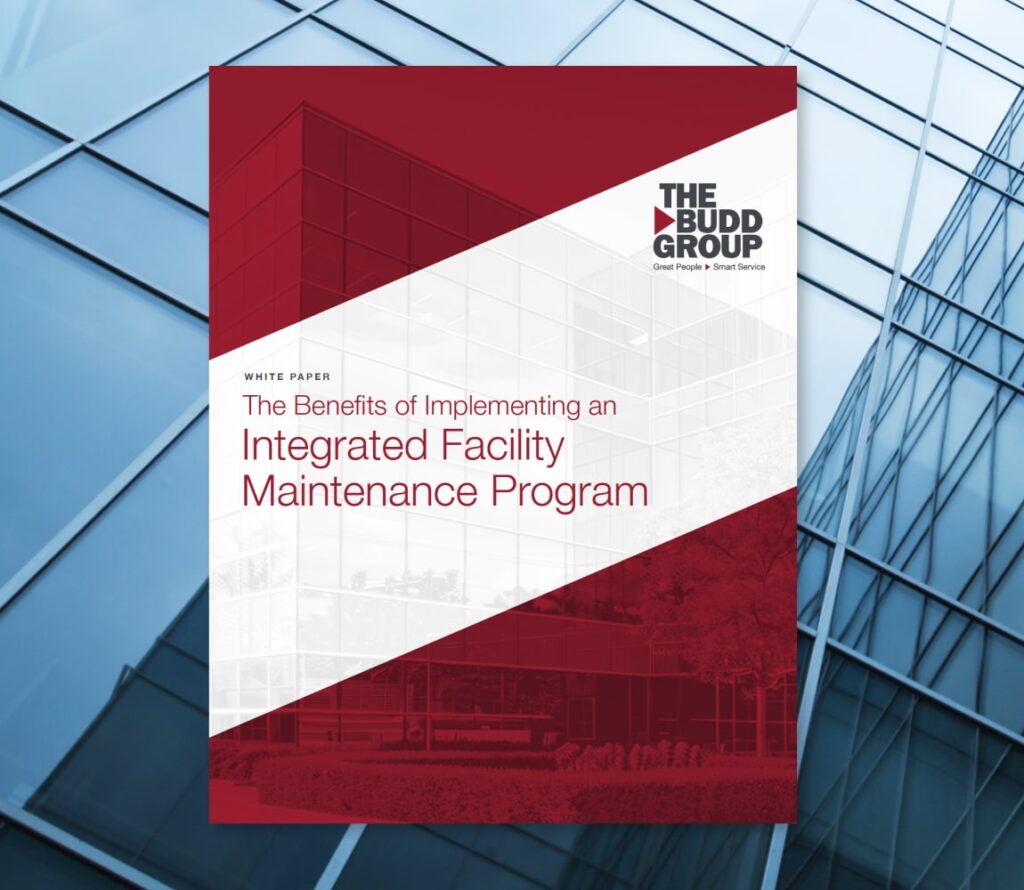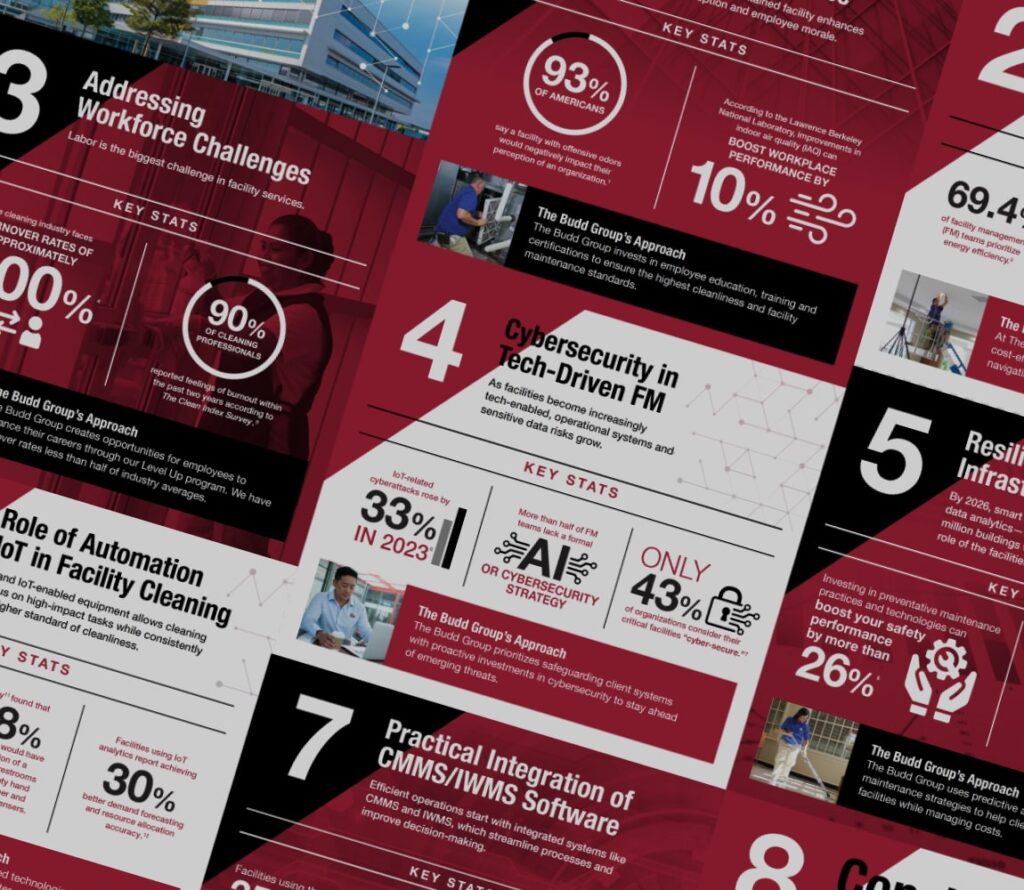As the COVID-19 (coronavirus 2019) pandemic continues, plenty of confusion and concern remains regarding what precautions to take in public and how we should be behaving. Generally speaking, the U.S. government and organizations like the Centers for Disease Prevention and Control (CDC) have taken a broad, cautious approach to minimizing the risk of spreading COVID-19, while states, counties, and towns have come up with more focused guidelines based on their particular circumstances. Businesses and residential entities like homeowners associations and multi-family complexes must adhere to these guidelines while also determining what is best for their people. Public areas within these properties like playgrounds and pools may pose a health risk to everyone living there. So, when it comes to preventing the spread of COVID-19 and other communicable diseases, HOAs and multi-family locations must pay special attention to these high-touch areas. Let’s go over some recommendations from the CDC regarding pool area cleaning and disinfection.
Always Prepare Before Visiting Public Pool Areas
Pools should always be properly chlorinated and/or purified before use, which means the water itself is well-guarded against the spread of infection. As the CDC notes, “there is no evidence that COVID-19 can be spread to humans through the water. Proper operation, maintenance, and disinfection (with chlorine or bromine) of pools should kill COVID-19.” Still, residents who still have access to their HOA’s or multi-family location’s pool facilities during this time should do whatever they can to minimize their risk of transmitting or receiving infection. This means taking steps to avoid large crowds (if the pool is busy, consider staying away), ensuring that the pool has been recently and properly sanitized and tested, wearing masks and sandals when outside of the water, and having access to hand sanitizer before and after getting in the water.
Maintain Distance in and Out of the Water
The CDC’s social distancing guidelines also apply to pool activities. This means that participants should do their best to remain approximately 6 feet apart in and out of the water. Maintaining this distance may be a challenge for smaller pools and bigger populations, of course. The CDC recommends that people avoid gathering of more than 10 people, which applies to pool areas as well.
HOAs and Multi-Family Locations May Limit Pool Area Use
As a result of this social distancing recommendation, those in charge of HOAs and multi-family locations might enact certain restrictions for pool areas. These restrictions might include limiting the number of people who can access the pool at a given time and/or adjusting the pool’s opening and closing times.
Be Mindful of Nearby COVID-19 Cases
Whether you are in charge of an HOA or multi-family entity or you’re a resident, it is crucial to maintain awareness of internal and nearby COVID-19 cases. If a resident has a suspected or confirmed case of COVID-19, they must not be allowed near pool areas for a specified amount of time. And if this person was in the pool area recently before receiving symptoms and/or a diagnosis, the pool area should be temporarily closed to reduce the risk of transmission. During this closure, disinfecting cleaning services should be hired to eliminate any potential traces of COVID-19 and other infectious diseases that may linger on pool area surfaces.
Cleaning and Disinfecting Pool Decks and Other Areas for COVID
While properly maintained pool water kills a number of bacteria and viruses, nearby surfaces such as decks, rails, chairs, and gates may still harbor various infectious pathogens. In order to prevent the spread of COVID-19 and other illnesses, these public pool areas must be regularly cleaned and disinfected. Ideally, vinyl strap pool chairs should be cleaned daily, especially during this time. Start by removing any cushions and cleaning those separately (via vacuuming or laundering as instructed). Then, any loose dirt or debris should be washed away with a hose. You can then dip a sponge or soft-bristle brush into a detergent solution (i.e. ¼ cup of detergent/dish soap mixed with a gallon of hot water) and work your way down the chair frame, hitting every nook and cranny. Once you’ve successfully scrubbed down the chairs, rinse them with the hose and let them air dry. When it comes to pool decks, professional disinfecting services will employ different disinfecting and cleaning techniques and products based on their material (i.e. concrete, epoxy, brick, aggregate, etc.). Most pool decks can be safely and thoroughly cleaned via pressure washing or steam cleaning. Then, your disinfection services may use a number of EPA-registered disinfectants to kill the vast majority of germs, bacteria, viruses, and fungi that might linger in your pool area, following the instructed dwell times before wiping down to ensure that these products perform as they should. All surfaces should be accounted for, and those in charge of cleaning and disinfecting must take care not to allow these products to end up in the pool water itself, as this will throw off the optimal chemical balance.
Pools During Pandemics
With so many businesses and parks shut down during this pandemic, many people are desperately searching for ways to relax, get outside, and get active. As it turns out, pools might provide an elegant solution, but only if participants take the proper precautions and disinfection companies are able to do their part in keeping pool areas safe and sanitary. At The Budd Group, our team of cleaning and disinfection experts can help ensure that your pool is prepped for this pandemic and beyond.

